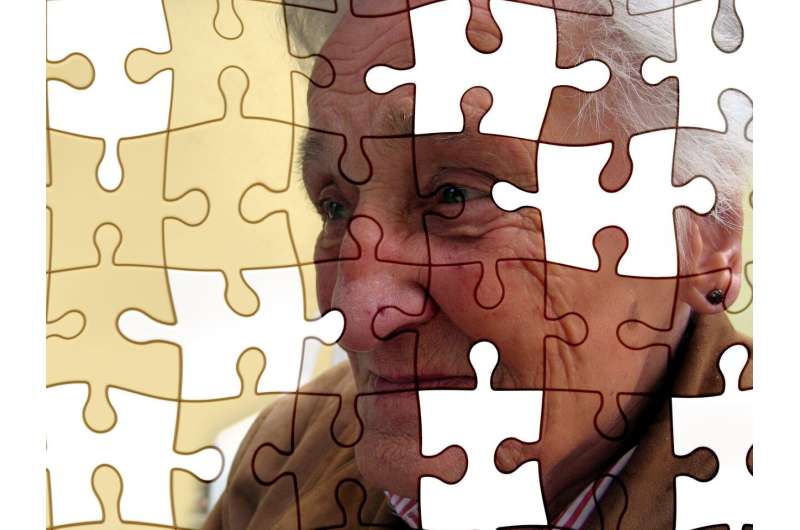New treatments for Alzheimer's and stroke revealed in several new studies

The results of three new studies indicate there could be new treatments for Alzheimer's and stroke. One study reveals a possible link between gum disease and Alzheimer's. Two other studies explore how the substance sovateltide shows promise for treating neurodegenerative disorders. The research data will be presented virtually October 4–7 at the Seventeenth International Conference on Endothelin (ET-17), hosted and organized by the American Physiological Society (APS).
Chronic gum disease linked to onset of Alzheimer's disease
A cross-institutional team of researchers investigated the impact of gum disease on the ET system. Scientists found that gum disease activates the ET system, leading to a decrease in senescence markers, which then causes cell death. These findings seem to indicate gum disease may contribute to disruption of endothelial integrity by activating the ET system. While the exact mechanisms by which gum disease is linked to Alzheimer's and related dementias is unknown, researchers have two theories. One is that bacteria damage blood vessels that are critical to providing constant blood flow to the brain, thus damaging the brain. The other is there are factors released during a systemic infection, causing inflammation in the brain. It's possible these two mechanisms are working together.
Strong foundation laid for new medication to treat stroke and other neurodegenerative diseases
This study examined the function of sovateltide—a highly selective endothelin-B agonist. Researchers found that it stimulates brain cells known as neural stem/progenitor cells and mediated regeneration and repair of these cells. The study also found that sovateltide treatment in rats after ischemic stroke prevented mitochondrial dysfunction in the brain. Researchers believe further studies will help develop better drugs to treat stroke, Alzheimer's, Huntington's and Parkinson's diseases.
Novel therapeutic possible for treatment of Alzheimer's disease
This research shows the "first experimental evidence" that stimulation of endothelin B receptors with an amino acid chain called sovateltide led to a 46% improvement in cognitive recovery of mice with Alzheimer's disease. It's the most common form of dementia, according to researchers from this study. As of 2021, an estimated 6.2 million people in America of all ages have Alzheimer's with no cure available. Physiologists anticipate this study, along with others, will help develop better drugs to treat Alzheimer's and other neurodegenerative diseases.


















